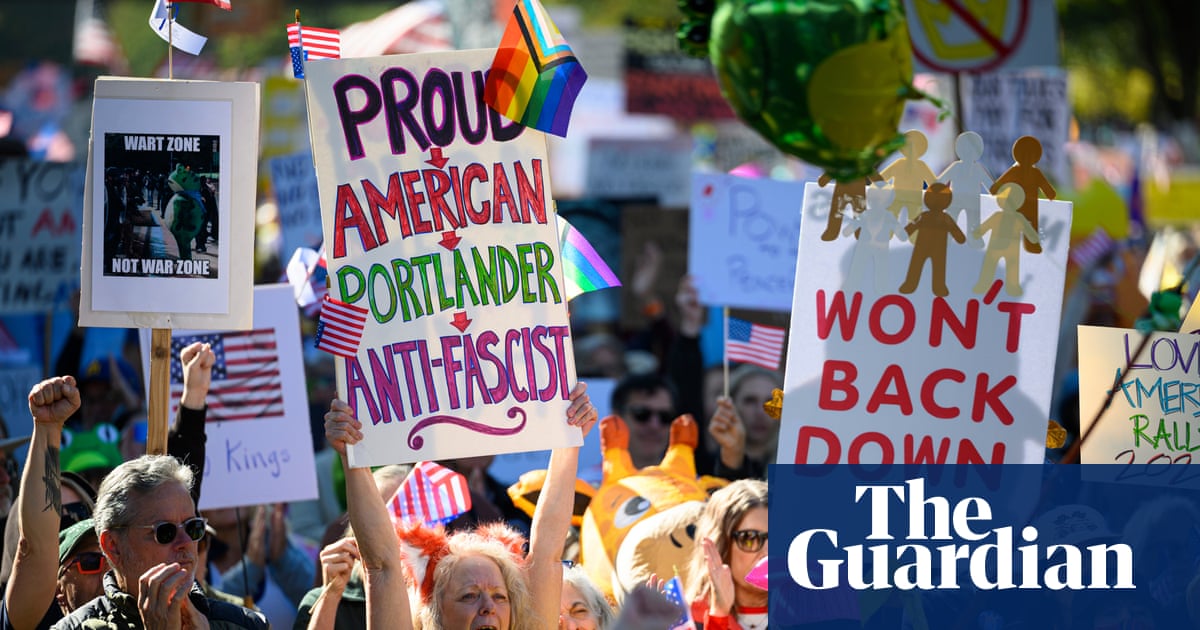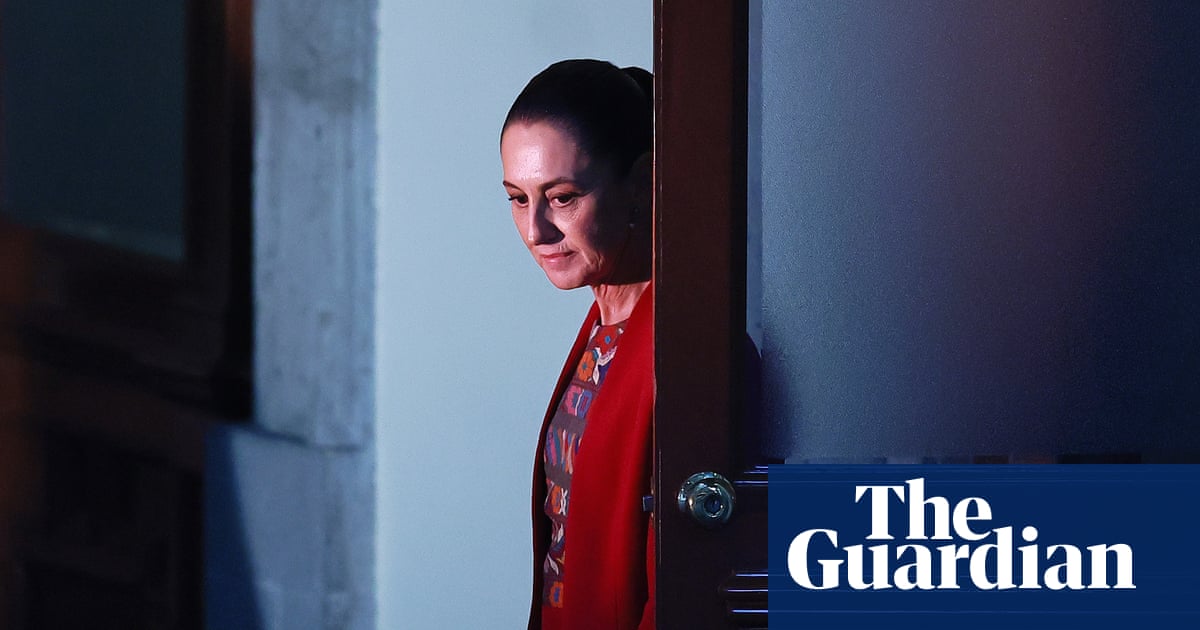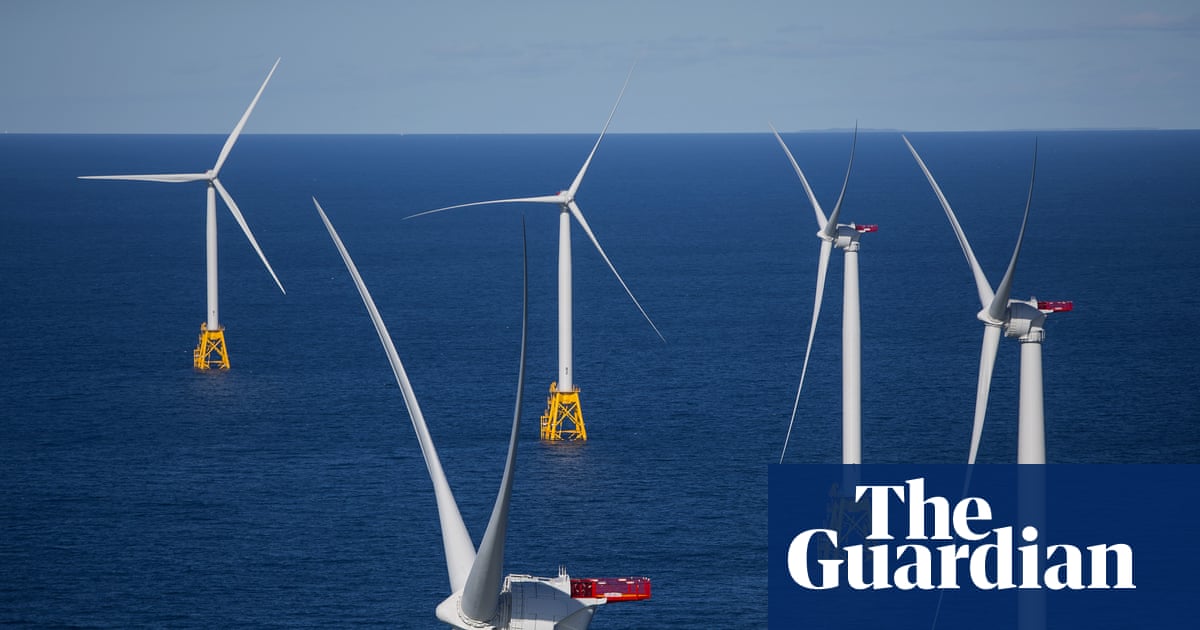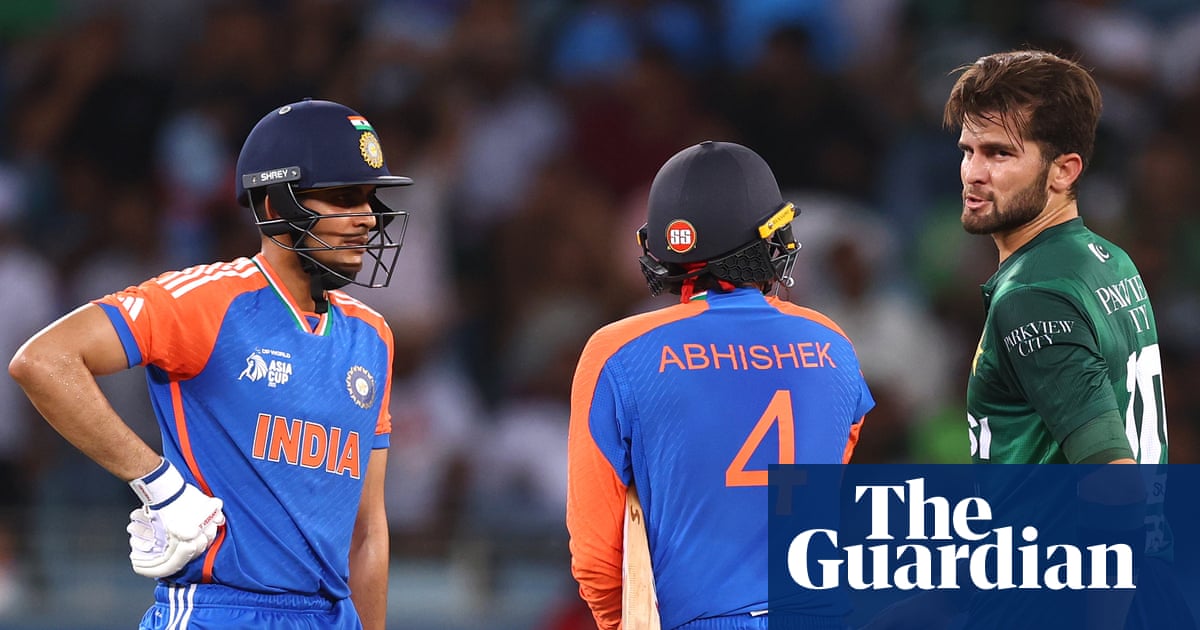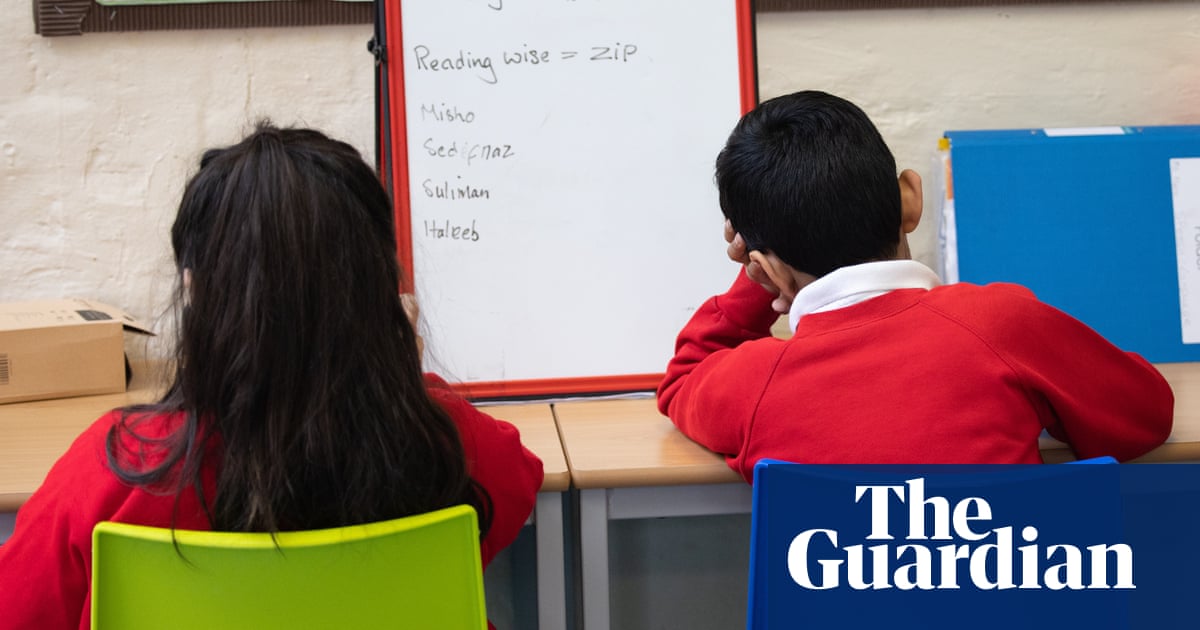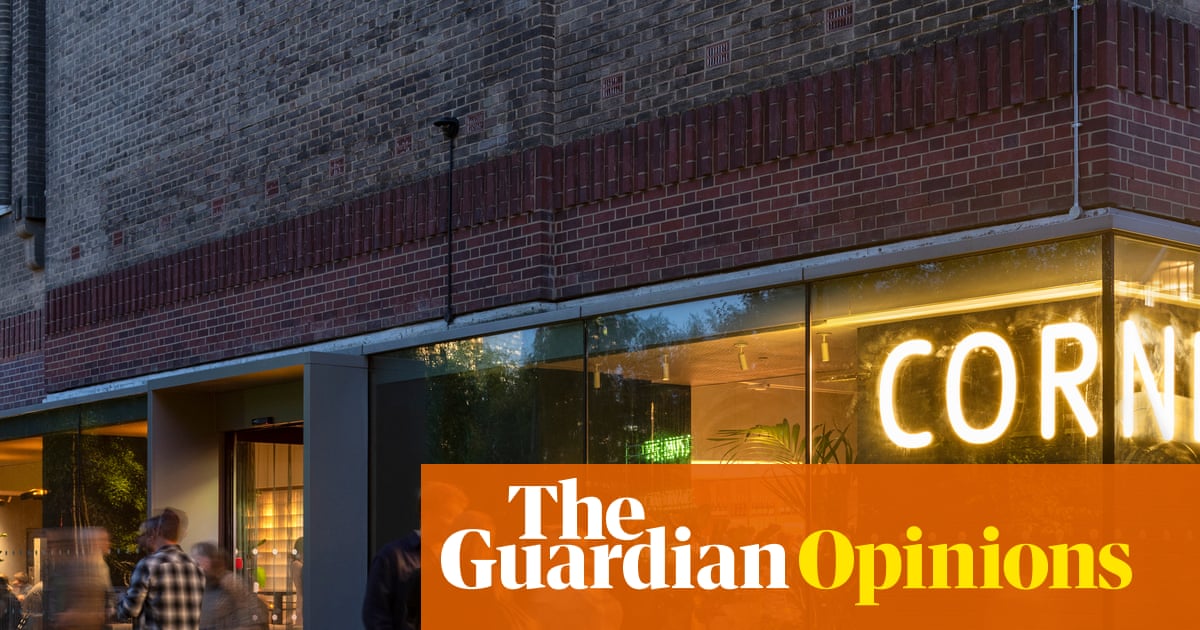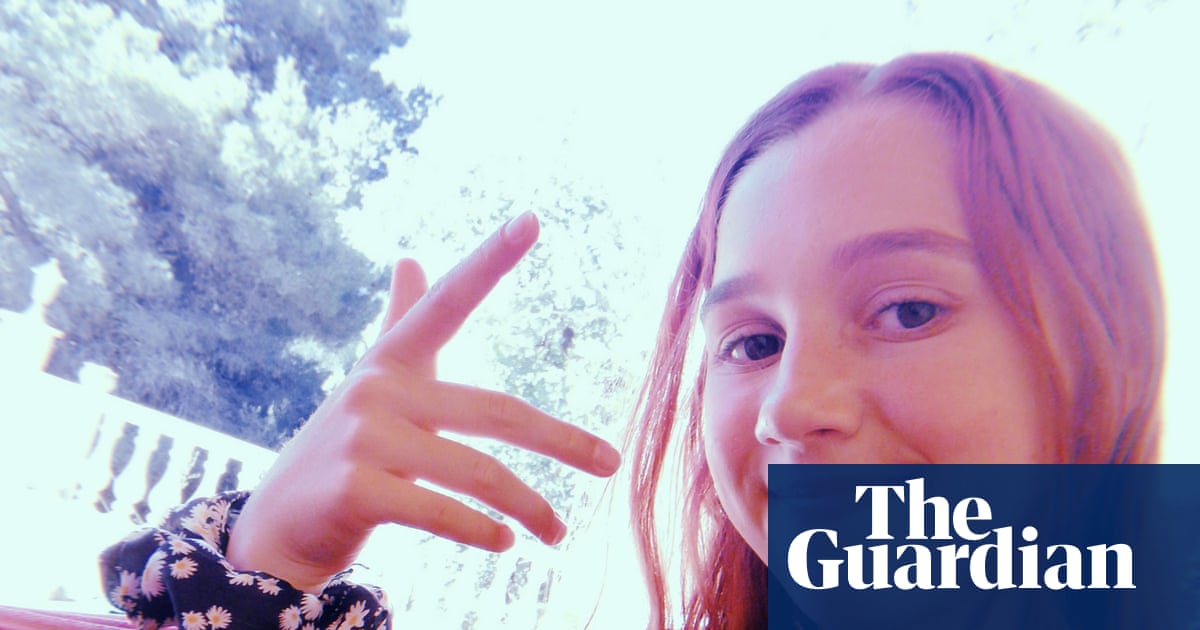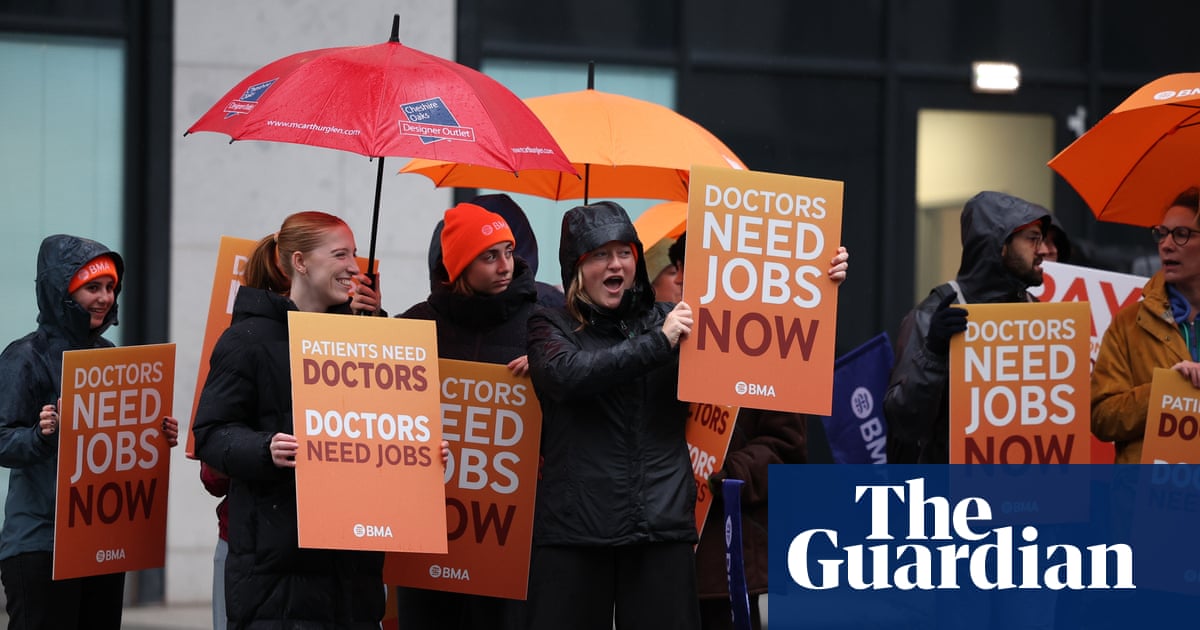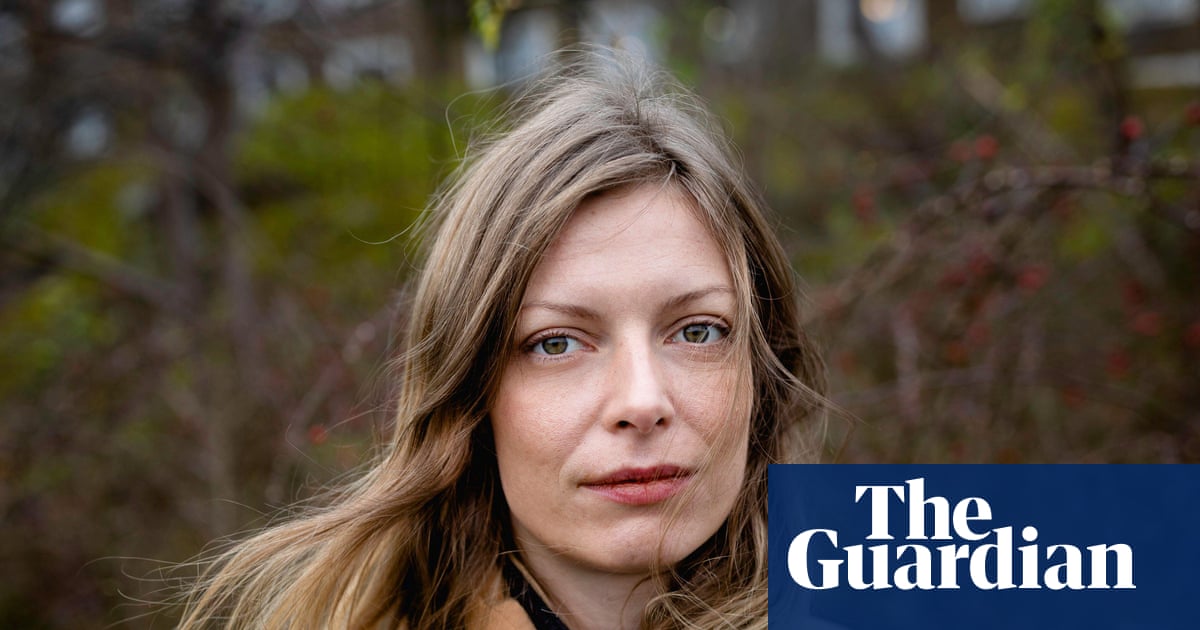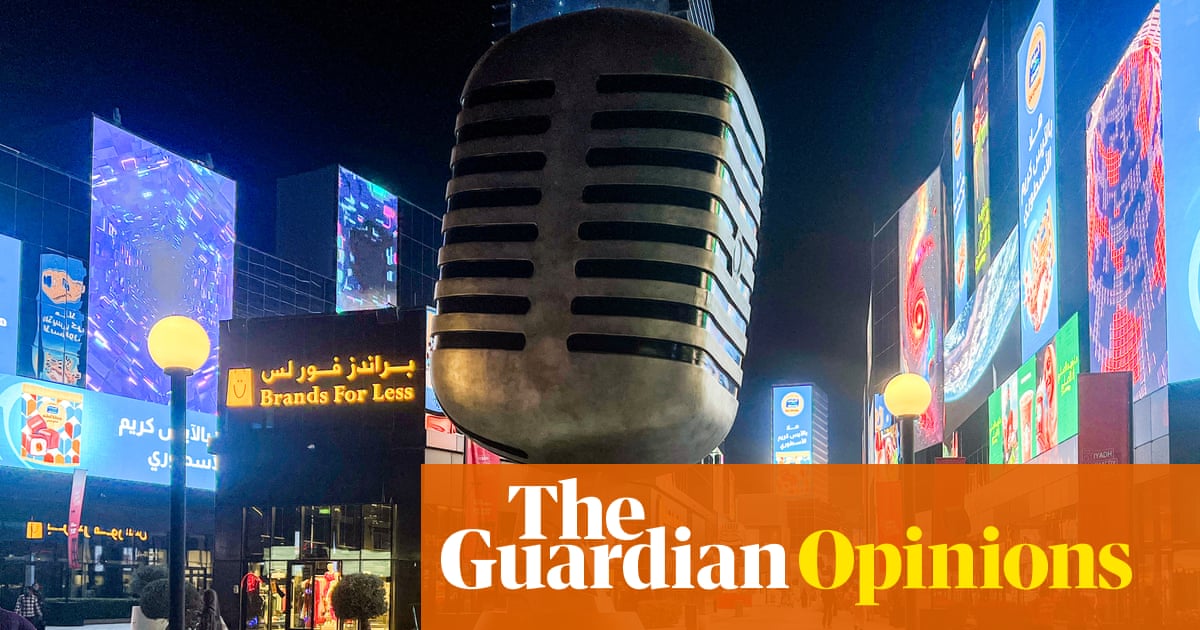-
Location Mumbai, India
-
Disaster Maharashtra floods, 2005
Ruchira Gupta is an English-to-Hindi interpreter, a former lawyer, and mother of two daughters. In 2005, she was working at a small law firm in Mumbai, India when heavy rainfall flooded the country’s western state of Maharashtra, killing 926 people. Between 1950 and 2015, there was a threefold increase in extreme rain events in India.
It was raining that day, and very windy. I was in my office, and one of my colleagues said he had heard on the radio that the trains would stop very soon because the tracks had become flooded. He said, “Ruchira, why don’t you leave?” He knew that I had two daughters and had to relieve my childcare by 6pm.
Immediately, I collected my bag and umbrella and called my husband. I didn’t know what was happening. My colleague advised me not to sit in the ladies’ coach on the train (in Mumbai we have a separate coach for ladies). He said, “You’d better go in the general coach, because if something happens you will have the support of other people there.”
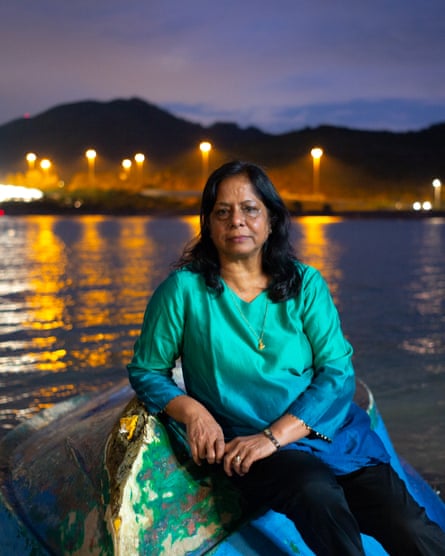
The station was about 10 minutes from my office. Rain was hitting my body. My umbrella was useless in that wind and rain. A lot of water was already on the road. I remember my lower legs, feet and shoes were wet by the time I reached the station.
There were a lot of people, a lot of noise, at Churchgate station; everyone wanted to catch a train and go home. There were public announcements about train services getting affected. I walked on board and sat down in the last train leaving the station. It was crowded and moved very slowly because of the water on the tracks. The roof of the coach was leaking, so we were all sitting with open umbrellas inside the coach. After five or six stations, the train stopped at Bandra, where it was announced that the train would not move further because of the flooding on the tracks.
There were still quite a few people at the station. I got out of the train and crossed the bridge, over the platform, to reach the road. It was raining very heavily, and on the bridge you could feel the rain and the wind more. I couldn’t open my eyes. I was not wearing a raincoat. I just had my bag, which I clung tightly to my body to give me some warmth. I was already almost all wet. There were still quite a few people at the station.
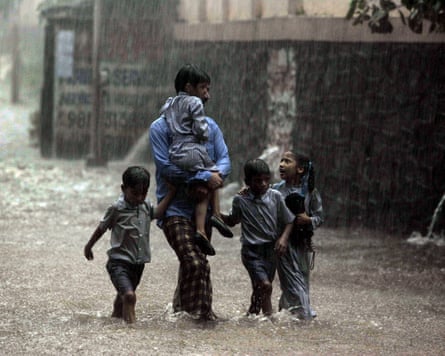
I crossed the bridge, thinking, “What should I do?” Home was still another four to five stations away, and then I would need to take a bus or taxi from the train station. My husband’s office, Bandra Kurla Complex, was in the vicinity, so I called him from a public phone. He said, “My office is closing early. People are scared about the floods. The buses will be leaving soon to take us home. Come to my office and we will go together.”
I started walking, hoping to find a taxi or an autorickshaw to take me to his office, but there were none. I continued walking, I don’t remember how far. I reached a big intersection going towards the Bandra Kurla Complex. The rains were very heavy and it was difficult to walk; the water on the roads was ankle-deep. I stopped a truck and told the driver I needed to go to Bandra Kurla Complex. There was a gas station nearby, and he said, “I can drop you there.”
From there I started walking towards my husband’s office, across the road. It was a considerable distance because the roads were very broad. The water there was about knee-deep, but I continued walking.
Slowly, the water came up to my waist, but I continued walking as if I wasn’t aware. I did not even think about if there were any loose electric wires or open drains in the middle of the road. I just continued walking.
Opposite my husband’s office there were cars floating in the water. I felt amused at first; then I felt fear. I reached my husband’s office, where the buses were parked, waiting to take people to their homes. Some buses which had left earlier started to come back. The roads were all flooded, so there was no way they could go further.
It was 5 or 6pm already. My daughters were alone at home with the caregiver. A friend of mine lived in another residence complex some distance away from mine. I could not connect to her, but I knew if I sent my daughters to her she would take care of them. But you had to walk up a small slope to reach her place. I told my helper to take the children to my friend’s place. She said there was no way they could, because the water was coming down from the slope at very high speed. They would have drowned in that water.
I called the wife of my husband’s colleague, who lived in the same complex. I don’t take favours easily from anyone. But I had no choice; I had to ask for a favour. I asked my helper, “Drop them to this madam’s place”. My oldest was six. My younger one was just three. I spoke with my daughters on the phone. I started crying. My oldest said, “Don’t worry, mama. We’ll be fine. I’ll take care of her.” Then I talked to my youngest. She was like, “No mama, I want you. Mama, come home. When will you come home?” That was very traumatic for me. I was relieved that they would not be alone at home and would be with family. I was praying that my daughters would remain safe. I am a strong believer in prayers.
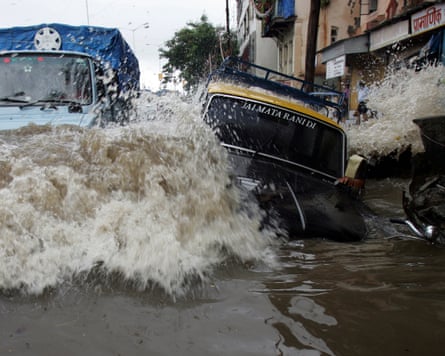
After settling my daughters, I was OK. I felt very cold, because I was drenched and there was air conditioning in the office. There used to be a canteen there, so the staff broke open all the cupboards and whatever they could find, they tried to cook. Since food was limited, it was rationed out so that everyone could get something to eat, as we were not aware how long this would last. One spoon of rice, one spoon of dal.
We tried to make ourselves comfortable. There was a big hallway. There were some couches there and my husband and I sat on one couch; other people also sat on couches, or went back to their cubicles. The roads were still flooded the next day; no transportation was working. Some people went out and tried to reach home, but came back. There was muddy water everywhere. We were in the office the whole day.
My niece called me. She was living with us in Mumbai, interning with a law firm. I did not know whether she was in her office or out somewhere trying to reach home, stuck in the floods. She told me she had slept in the office the first night and then walked home. It took her two to three hours. I told her, “Please get my daughters home and keep them with you. Give them food.”
On the third day the rains stopped, but the water was still on the roads. There was no food and I needed my inhaler. I’m asthmatic, and was not carrying my inhaler in my bag. I was having difficulty breathing. There was a hospital just across the road. My husband could not walk in the water, because he had some injury on his foot. He said: “There’s no rain now. See if you can go to the hospital and get medicines from the pharmacy.”
Nothing had been done by the civic authorities to clean up the roads. It was all kichir (muddy slush). I managed to reach the hospital. Inside, there were a lot of staff, doctors and nurses. I went to the pharmacy, bought the medicines, and then saw the canteen.
About the series
This is climate breakdown was put together in collaboration with the Climate Disaster Project at University of Victoria, Canada. Read more.
Production team
Of course, I was hungry, and I knew there was no more food in the office. I asked if I could also get some food. I said, “I’ve come from this office. I’m hungry and I need to take my medicines, so please can I get some food?” I don’t think I can explain the emotions I went through. I started to cry.
I realised the humiliation and the helplessness of begging for food. They were considerate. I got some food from them. I came back to the office and told my husband, “I got food there. I’m glad that there’s one person less for the office to give food to.”
That evening it was decided: “Let us venture out and try to go back home.” The people who had cars made carpools. It was decided that my husband and I would travel in two different cars, because even if one car got stuck somewhere or something happened at least one of us would still be safe and could reach home. We did not know what to expect out on the roads. It was very scary. Would we encounter more water? The buses were stuck on the road. There were no lights on the streets. A lot of responsibility was on the driver. Filth and mess was everywhere.
I think I reached home first. I was relieved to have made it back safely, for my daughters. There was no electricity, no running water. As Mumbai had a regular electricity supply, we had no candles at home. The water could not be pumped, so we had to carry water up from the ground floor. We were living on the third or fourth floor.
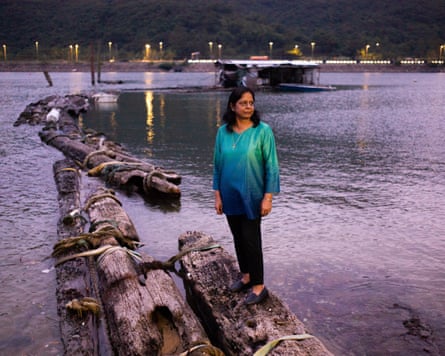
Electricity was restored one or two days after I reached home. Then the newspapers started coming. The stories were so sad and so scary. People drowned in cars. People left home to bring their children from school and drowned in maintenance holes. Electric wires broke from the poles and fell into the water, so people were electrocuted.
For the next year I avoided going to work if it was raining heavily. I was scared of leaving my daughters alone at home again. I’m traumatised. I’m afraid to go out if it rains heavily. I had not realised it until recently. I make it a point that my husband informs me that he has reached office safely and at what point he’s leaving the office. Even small things worry me now.
At the time, there was no mention of climate change. Now, when I look back, I know this is the result of climate change. It has been creeping up on us slowly, and now it is there for everyone to realise. Climate change is happening around us. Each one of us has a role in it. The only hope we have is the youth and the children. They’re trying to bring more awareness, to pressurise governments to take positive action.
I haven’t seen much change since the floods. Life went on quite like normal after that. I feel sad about it. I feel sad about all the lives that were lost. I feel sorry. No one was willing to take responsibility. I felt we were completely deserted and left to our own fate. People have to take responsibility.
This testimonial was produced with the help of the Climate Disaster Project; thanks to Sean Holman, Aldyn Chwelos and Morgan Krakow.
-
Design and development by Harry Fischer and Pip Lev.

 2 months ago
58
2 months ago
58


